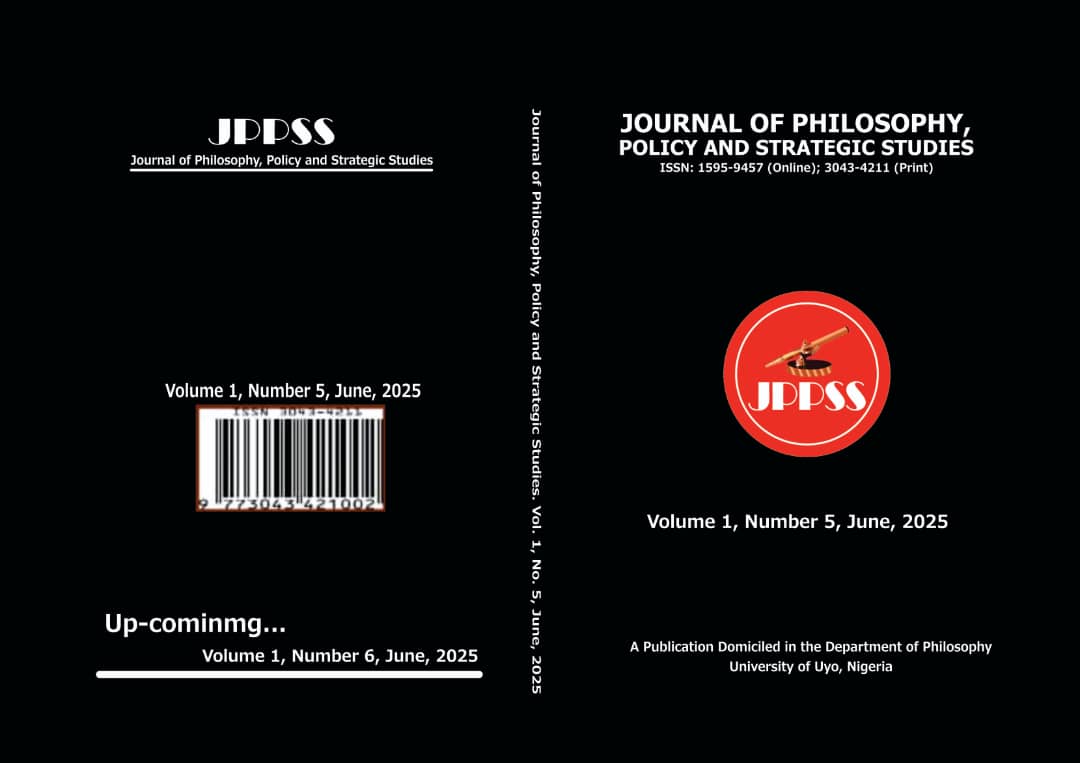ASSESSING THE EFFECTIVENESS OF NIGERIA’S JUDICIARY IN PROTECTING HUMAN RIGHTS AND COMBATING CRIME
Joshua Oluwafemi Ogunbunmi
Department of Criminology and Security Studies, National Open University of Nigeria, Abuja
Email: femibolade@yahoo.co.uk
Abstract
This study examines the role of the Nigerian judiciary in protecting human rights, with an emphasis on the effectiveness and challenges of the Nigerian judiciary system. Despite its constitutional provision, the Nigerian judiciary is faced with a lot of issues such as judicial corruption, political interference, and delays in the legal process. These ultimately undermine its role in protecting human rights. This research applies the theories of criminology, including natural law theory, legal positivism, labeling theory, and conflict theory, to understanding the judiciary’s approach to human rights protection in criminal cases. The major findings in the study include but not limited to judicial challenges that explains the challenges the Nigerian judiciary faces among which are lobbying in the appointment of judicial officers. Equally, there is another important finding which highlights the contrasting theoretical perspectives of Natural Law Theory and Legal Positivism in the context of human rights protection. The Natural Law Theory posits the importance of upholding moral principles and respecting inherent human rights, this suggests that certain rights are absolute and global. Conversely, Legal Positivism emphasizes the role of legislation and state power in defining and protecting human rights. This highlights the authority of laws and institutions in shaping rights protection. These perspectives offer different ways through which to understand and approach human rights, with Natural Law Theory focusing on ethical and moral foundations while Legal Positivism focusing on legal frameworks and state authority. On the other hand, labeling theory and conflict theory reveal how the judiciary’s decisions can perpetuate human rights violations and reinforce existing power dynamics. The study equally evaluates the effectiveness of judicial interventions in addressing human rights violations and identifies areas for improvement. The study found out some challenges in the Nigerian judiciary system including inadequate judicial remedies, corruption, and political influence which are believed to hinder human rights protection. From the discussion, the paper recommended, among other things, that Federal Government should strengthen judicial independence, improve access to justice and combat corruption by implementing anti-corruption measures within the Nigerian judiciary system.
Keywords: Judicial Protection, Human Rights, Natural Law Theory, Legal Positivism, Sociological Jurisprudence


